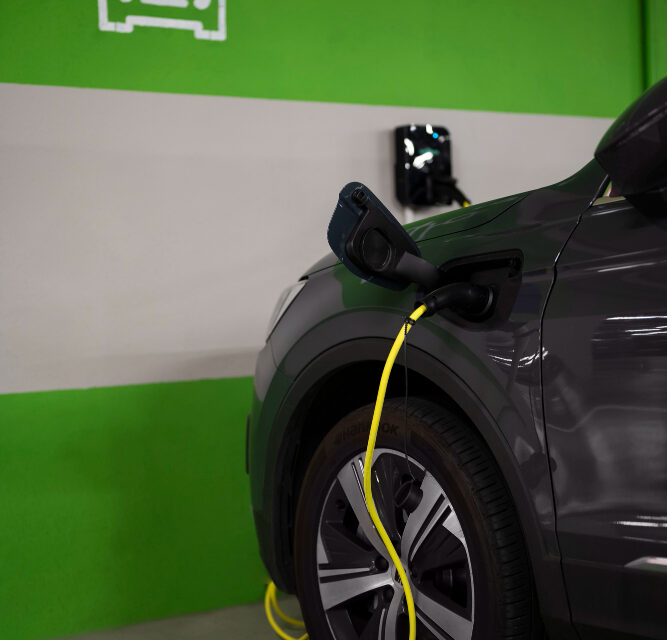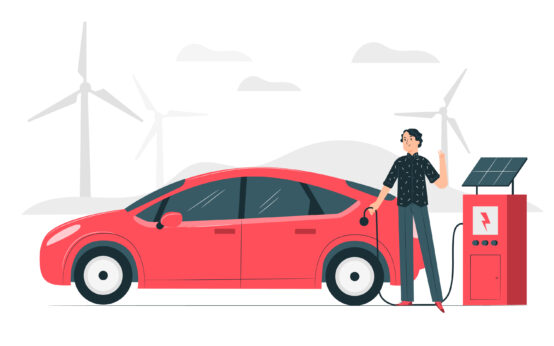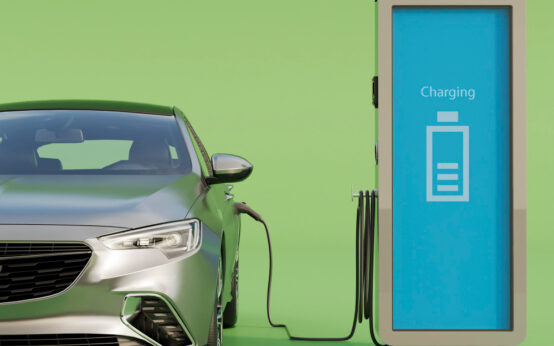In recent years, the electric vehicle (EV) market has experienced significant growth, and one of the key factors behind this surge is the support and incentives provided by governments around the world. As concerns about climate change and air pollution continue to rise, governments are implementing policies to encourage the adoption of electric vehicles and reduce reliance on fossil fuels.
The Role of Government Incentives
Government incentives play a crucial role in driving the electric vehicle market. These incentives can take various forms, including tax credits, grants, rebates, and exemptions. By offering financial benefits to EV buyers, governments aim to make electric vehicles more affordable and accessible to the general public.
One of the most common incentives is a tax credit, which reduces the amount of tax owed by individuals or businesses when they purchase an electric vehicle. This not only lowers the upfront cost of the vehicle but also helps to offset the higher price tag often associated with EVs compared to traditional gasoline-powered cars.
In addition to tax credits, governments may also provide grants or rebates to EV buyers. These financial incentives can be used to offset the cost of purchasing an electric vehicle or installing charging infrastructure. By making EVs more affordable, governments are encouraging consumers to choose electric vehicles over conventional cars.
Environmental Policies and Regulations
Another way governments are driving the electric vehicle market is through environmental policies and regulations. Many countries have implemented strict emission standards and regulations that require automakers to produce a certain percentage of electric vehicles or reduce the average emissions of their vehicle fleet.
These policies create a strong incentive for automakers to invest in electric vehicle technology and develop more electric models. By setting ambitious targets and holding automakers accountable, governments are pushing the industry to transition towards cleaner and more sustainable transportation options.
Furthermore, some cities and regions have implemented policies to restrict or ban the use of fossil fuel-powered vehicles in certain areas. These measures, often referred to as “zero-emission zones,” are designed to improve air quality and reduce greenhouse gas emissions. By implementing such policies, governments are creating a favorable environment for the adoption of electric vehicles.
Infrastructure Development
One of the challenges in the widespread adoption of electric vehicles is the availability of charging infrastructure. Governments recognize this issue and have taken steps to address it by investing in the development of charging stations.
Many governments have launched initiatives to build a network of public charging stations, making it easier for EV owners to find a place to charge their vehicles. In some cases, governments have also provided financial support to businesses or individuals interested in installing private charging stations.
By expanding the charging infrastructure, governments are removing one of the barriers to electric vehicle adoption and providing consumers with the confidence that they can charge their vehicles conveniently, even on long journeys.
The Global Impact
The impact of government incentives and policies on the electric vehicle market is not limited to individual countries. The global nature of the automotive industry means that policies implemented in one country can have a ripple effect on the entire market.
For example, when a government introduces generous incentives for electric vehicles, it can create a surge in demand, leading to increased production and economies of scale. This, in turn, can drive down the cost of electric vehicles and make them more affordable in other countries as well.
Furthermore, international collaborations and agreements, such as the Paris Agreement, have put pressure on governments to reduce greenhouse gas emissions and promote sustainable transportation. As a result, countries around the world are adopting similar policies and incentives to encourage the adoption of electric vehicles.
The Future of Electric Vehicles
With the continued support of governments through incentives and policies, the future of the electric vehicle market looks promising. As technology advances and costs continue to decrease, electric vehicles are becoming more attractive to consumers.
However, it is important for governments to maintain a long-term commitment to supporting the electric vehicle market. Consistency in policies and incentives will provide stability and encourage further investment in electric vehicle production and infrastructure development.
As we move towards a more sustainable future, the role of governments in driving the electric vehicle market cannot be overstated. By providing incentives, implementing environmental policies, and investing in infrastructure, governments are playing a crucial role in accelerating the transition to clean and green transportation.



 Is the 2025 Toyota Crown worth $41,440?
Is the 2025 Toyota Crown worth $41,440?  Alternative Solutions for Electric Vehicle Battery Anxiety during Long Trips
Alternative Solutions for Electric Vehicle Battery Anxiety during Long Trips  Transitioning to Electric: A Practical Guide for First-Time EV Owners
Transitioning to Electric: A Practical Guide for First-Time EV Owners  Range Anxiety No More: Understanding and Extending Electric Vehicle Range
Range Anxiety No More: Understanding and Extending Electric Vehicle Range  Breaking Down the Benefits: Why Electric Vehicles Are the Future of Transportation
Breaking Down the Benefits: Why Electric Vehicles Are the Future of Transportation  The EV Revolution: How Electric Vehicles Are Reshaping the Automotive Industry
The EV Revolution: How Electric Vehicles Are Reshaping the Automotive Industry  Backtest Crypto Trading Strategies: A Complete Guide
Backtest Crypto Trading Strategies: A Complete Guide  NFT Standards: A Cross-Chain Guide for Creators & Collectors
NFT Standards: A Cross-Chain Guide for Creators & Collectors  Decentralized Storage: IPFS & Arweave Explained Simply
Decentralized Storage: IPFS & Arweave Explained Simply  How to Calculate Cryptocurrency Taxes: A Simple Guide
How to Calculate Cryptocurrency Taxes: A Simple Guide  Your Guide to Music NFTs & Top Platforms for 2024
Your Guide to Music NFTs & Top Platforms for 2024  TradingView for Crypto: The Ultimate Trader’s Guide
TradingView for Crypto: The Ultimate Trader’s Guide